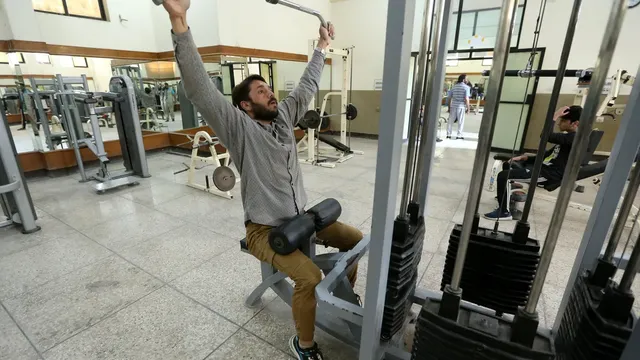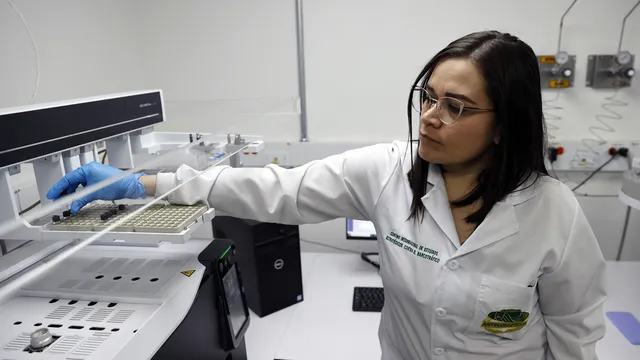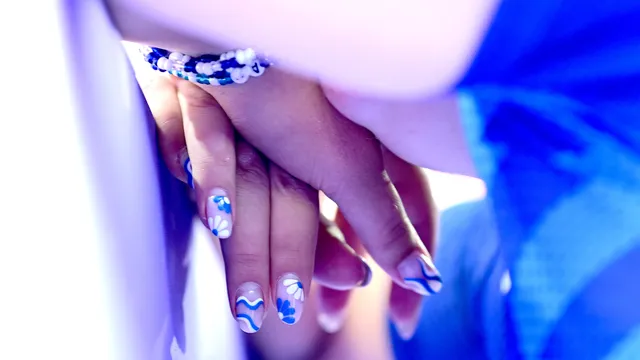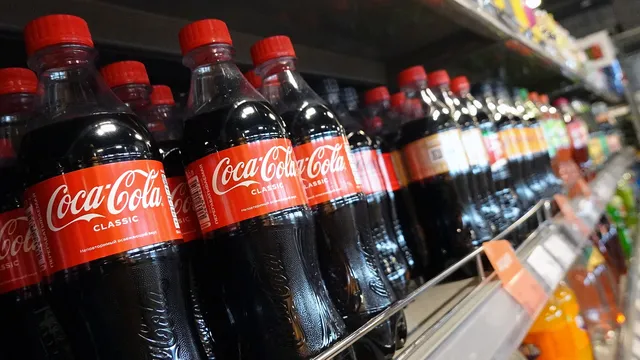After the attacks of September 11, 2001, Tim Freed was in a bad mood: it led him down to his basement, where he was bitten by two of the world's deadliest snakes. Four days later, he wakes up from a coma.
"I know what it's like to die from a snake bite," the 57-year-old American told AFP in a video call from his home in Two Rivers, a small town in Wisconsin.
It could have put him off snakes for life, but he has simply promised himself to be more careful in future.
Between 2000 and 2018, he was bitten by venomous snakes more than 200 times and injected himself with their venom more than 650 times.
He inflicted these extremely painful experiences on himself to achieve complete immunity to their bites, hoping to help develop a better universal antidote.
The practice of gaining immunity to toxic substances by ingesting ever-increasing doses is known as Mithridatism, after Mithridates the Great (113-63 BC). According to legend, this Greek king, who feared being poisoned by his enemies, ingested increasing amounts of arsenic to become accustomed to it.
The former truck driver, who had no university degree, struggled for a long time to be taken seriously by scientists. After 25 years, a study based on his experiments was published in May in the journal Cell.
It showed that antibodies in his blood provided protection against many snakebites, and now the authors hope that the hyperimmunity acquired by Tim Freed will make it possible to develop a universal antidote.
Current antidotes only work for one or a few of the 600 known venomous snakes.
According to the World Health Organization (WHO), snakebites kill about 138,000 people a year and cause amputations or other disabilities in another 400,000. These figures are an underestimate, as the victims usually live in poor and isolated areas.
His first bite by a harmless snake at the age of five remains a vivid memory. "I was scared, crying, running away," he said. But then he began bringing reptiles home, hidden in pickle jars, to his mother's horror.
A fascination was born: thanks to a course, he learned how to extract their venom.
The method of producing the antidote has barely changed in the last 125 years: small doses of the venom extracted from snakes are injected into horses or sheep, which produce antibodies that can be used as an antidote.
But the antidote is only effective for a certain species, and some of the antibodies can cause serious side effects, such as anaphylactic shock.
Tim Freed decided to become his own guinea pig. He immediately offers himself to the most venomous specimens: cobras, timans, black mambas and rattlesnakes. "It's painful every time," he admitted.
For a long time, scientists ignored him, but in 2017, immunologist Jacob Glanville contacted him.
Searching for "a clumsy snake researcher who had been bitten accidentally a few times" because of his work, Glanville said he came across a video of Fride's high-risk exploits.
"It's embarrassing to say it, but I'd love to touch some of your blood," the immunologist told him during their first exchange.
The antidote that was the subject of Glanville's study, published in Cell, included two antibodies from Freed's blood, as well as a drug called Varepsladib, which suppresses toxins.
It provided the mice with complete protection against 13 of the 19 snake species studied and partial protection against six others.
Timothy Jackson of the Australian Poisons Research Unit questions the need for human involvement when synthetic antibodies are available.
The company Centivax, founded in 2019 by Glanville, is developing a universal antidote that could one day be sold in a pre-filled auto-injector pen.
Now employed by Centivax, Freed says he's "proud" to have advanced medicine, but regrets that he can no longer inject poison - the company will be blamed for any accident.
"I certainly miss it," he said. | BGNES
Man gets bitten by snakes over 200 times in search for universal antidote
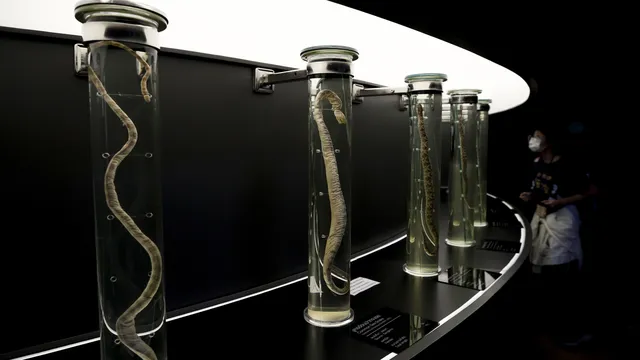
BGNES
According to the World Health Organization (WHO), snakebites kill about 138,000 people a year and cause amputations or other disabilities to another 400,000.


 Breaking news
Breaking news
 Europe
Europe
 Bulgaria
Bulgaria

